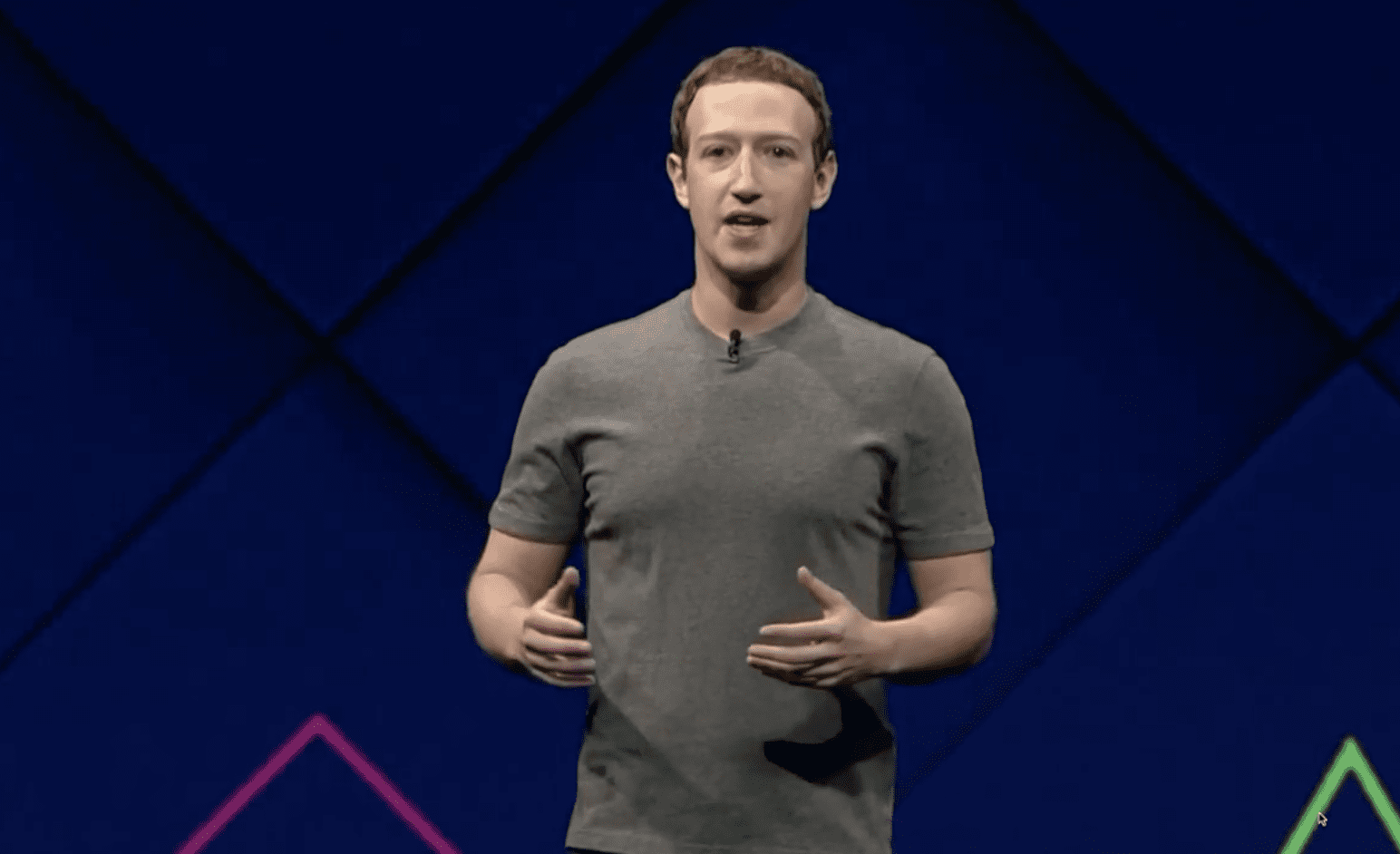Facebook has quickly changed from the brand that could do no wrong to the business that spreads fake news. Mark Zuckerberg’s announcement that the company is de-valuing publisher content on users’ news feeds caused a notable drop in its stock value and inspired a CNN article with a once unthinkable headline, “Mark Zuckerberg Is Fighting to Save Facebook.” Facebook isn’t going away. But with the recent admission by former Facebook executives that the social media platform was designed to get its users addicted and that it is ripping apart the social fabric of how society works, 2018 might be the year we see a significant decline in active users.
Although industry analysts have been predicting a reduction in Facebook users for the past few years, the fact that ex-Facebook executives are admitting guilt over the monster they’ve created might finally be the wakeup call that many social media users have been waiting for. If Facebook usage does suffer a significant decline, it’s fair to expect that marketers will also see diminished performance from their Facebook ads. Many advertisers use the Facebook advertising platform as a brand awareness tactic, paying advertising fees based on the number of times an ad is shown versus the number of times someone interacts with an ad. “Reach” (the number of people who saw an ad) is a metric commonly monitored by advertisers, and when the pool of potential audience members declines, so does the effectiveness of their branding efforts.
The most obvious expected drop-off would be among younger members as parents may begin to heed the addiction warning and implement usage restrictions for their children. Currently, advertisers cannot specifically target people under the age of 13 — so there should be minimal effect on paid ad performance if Facebook sees a decline in users age 12 and under. However, if parents or older siblings start following suit (perhaps by means of setting an example or simply choosing to spend their time elsewhere) the impact could be significant to marketers who have become accustomed to reaching millions of people.
As the Facebook audience narrows, marketers may need to adjust their strategy and opt for conversion-based campaigns versus brand awareness. Measuring the overall effectiveness of a brand awareness campaign is difficult to quantify. But as advertisers start tracking actual results from their conversion campaigns, they may find the cost far outweighs the return and may choose to pull back on their overall Facebook investment.
My advice: keep a watchful eye on Facebook as an advertising platform. Take advantage of the tools we have blogged about (such as Collection ads), but make sure you complement your advertising spend across multiple platforms where it makes sense for your business to be, ranging from Google to Instagram. Get ready for tough sledding on Facebook. For more insight into how to build your brand with digital, contact True Interactive. We’re here to help.
